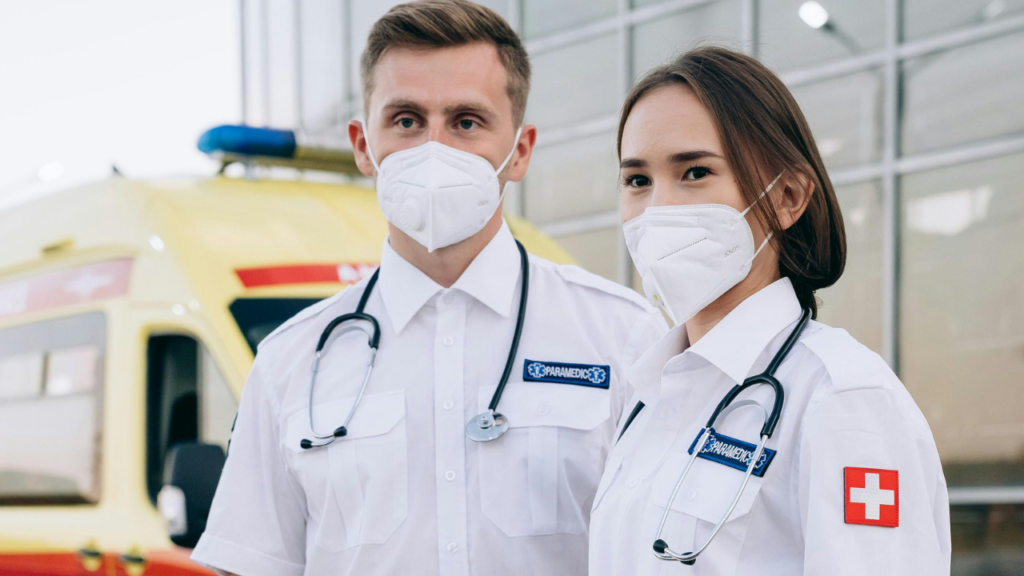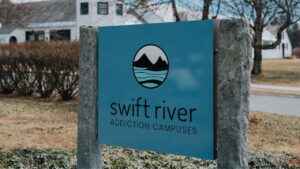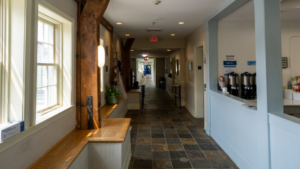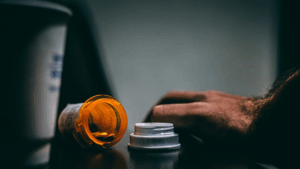In the ongoing battle against the opioid epidemic, naloxone stands out as a crucial weapon. This life-saving medication has the power to reverse opioid overdoses, providing a second chance at life for individuals struggling with addiction. As a drug and alcohol addiction treatment center in Western Massachusetts, Swift River recognizes the vital role of naloxone in combating the opioid crisis and saving lives.
Understanding Naloxone’s Mechanism of Action
Naloxone, also known by the brand name Narcan, is an opioid antagonist. It works by rapidly reversing the effects of opioids on the brain and nervous system. To understand its mechanism, we must first grasp how opioids affect the body.
Opioids bind to specific receptors in the brain, spinal cord, and other areas of the body. This binding action triggers the release of chemicals that block pain, slow breathing, and induce a feeling of euphoria. In an overdose situation, opioids can slow breathing to dangerous levels, potentially leading to death.
Naloxone competes with these opioids for the same receptor sites. When administered, it quickly displaces the opioids from the receptors, effectively reversing their effects. This action can restore normal breathing and reverse other life-threatening symptoms of opioid overdose.
Forms of Naloxone and Administration
Naloxone comes in several forms, each designed for easy administration in emergency situations:
- Injectable Naloxone: This form requires professional training to administer. It’s typically used by paramedics and in hospital settings.
- Nasal Spray (Narcan): This user-friendly option delivers naloxone as a fine mist into the nostrils. It’s designed for easy use by laypeople in emergency situations.
- Auto-Injector (Evzio): This device provides voice instructions to guide users through the injection process, making it suitable for use by individuals without medical training.
In an overdose situation, rapid administration of naloxone is crucial. The medication typically takes effect within 2-3 minutes. However, because naloxone’s effects are temporary and may wear off before the opioids are fully metabolized, multiple doses may be necessary. This underscores the importance of seeking immediate medical attention even after naloxone has been administered.
The Importance of Rapid Response and Medical Follow-up
When an opioid overdose occurs, every second counts. The faster naloxone is administered, the higher the chances of survival. However, it’s crucial to understand that naloxone is not a definitive treatment for opioid addiction. Its effects are temporary, lasting only 30-90 minutes.
After naloxone reverses an overdose, the individual may experience sudden opioid withdrawal symptoms. These can be severe and potentially dangerous, requiring medical supervision. Moreover, as the naloxone wears off, there’s a risk of the opioids rebinding to receptors, potentially leading to a return of overdose symptoms.
For these reasons, immediate medical follow-up is essential after naloxone administration. Healthcare professionals can monitor the individual, manage withdrawal symptoms, and provide further treatment as needed.
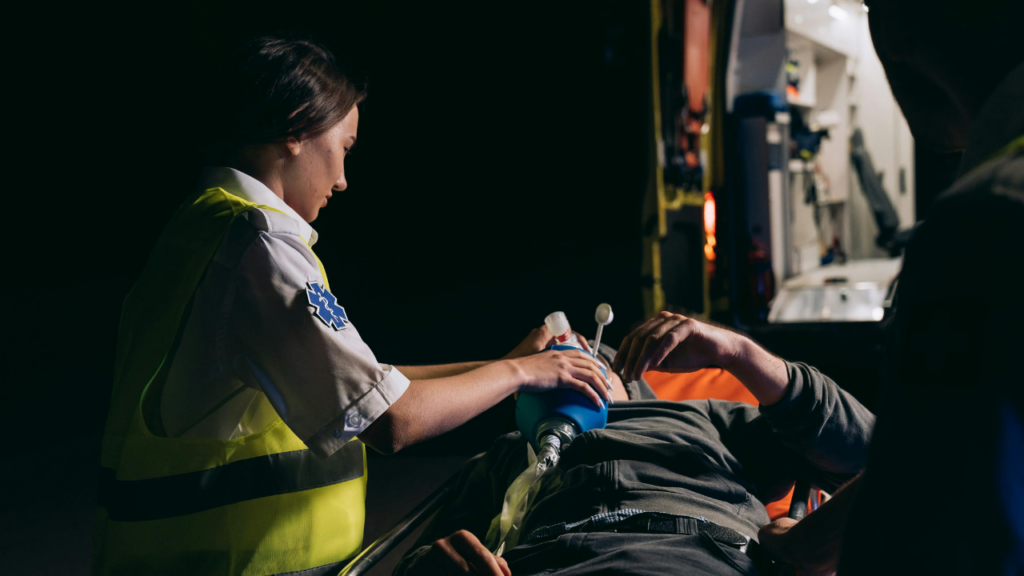
Access to Naloxone: Laws and Programs
Recognizing the life-saving potential of naloxone, many states have implemented laws and programs to increase its availability. These initiatives include:
- Naloxone access laws that allow pharmacists to dispense the medication without a prescription
- Good Samaritan laws that provide legal protection for individuals who administer naloxone in good faith
- Community distribution programs that provide free or low-cost naloxone
- Training programs for first responders, community members, and families of individuals at risk of opioid overdose
In Massachusetts, the state’s Department of Public Health operates a Naloxone Distribution Program, making the medication more accessible to those who need it most.
Swift River’s Approach to Overdose Prevention
At Swift River, we recognize that naloxone is a critical component of a comprehensive approach to addiction treatment and overdose prevention. Our programs incorporate naloxone training as part of our commitment to equipping individuals and their loved ones with the tools they need to prevent tragedy and support long-term recovery.
We provide education on:
- Recognizing the signs of opioid overdose
- Proper administration of naloxone
- The importance of calling emergency services
- Follow-up care and addiction treatment options
While we emphasize the life-saving potential of naloxone, we also stress that it’s not a substitute for comprehensive addiction treatment. Naloxone can save a life in the moment, but long-term recovery requires a multifaceted approach that addresses the underlying causes of addiction and provides ongoing support.
Naloxone as a Harm Reduction Tool
Naloxone plays a crucial role in harm reduction strategies. By preventing fatal overdoses, it gives individuals struggling with addiction another chance at life and the opportunity to seek treatment. However, it’s important to view naloxone as one tool in a broader toolkit for addressing the opioid crisis.
Comprehensive addiction treatment, which may include medication-assisted treatment, counseling, and support groups, is essential for long-term recovery. At Swift River, we offer a range of evidence-based treatment options tailored to each individual’s needs, helping them build the skills and support systems necessary for lasting recovery.
Call Swift River Today for Massachusetts Addiction Treatment
Naloxone is a powerful tool in the fight against opioid overdose deaths. Its ability to quickly reverse the effects of opioids can mean the difference between life and death. By increasing access to naloxone and providing education on its use, we can save lives and create more opportunities for individuals to enter treatment and achieve long-term recovery.
At Swift River, we’re committed to providing comprehensive addiction treatment that addresses all aspects of an individual’s health and well-being. If you or a loved one is struggling with opioid addiction, don’t wait. Reach out to us today at 413-570-9698 to learn more about our treatment programs and how we can support your journey to recovery.







